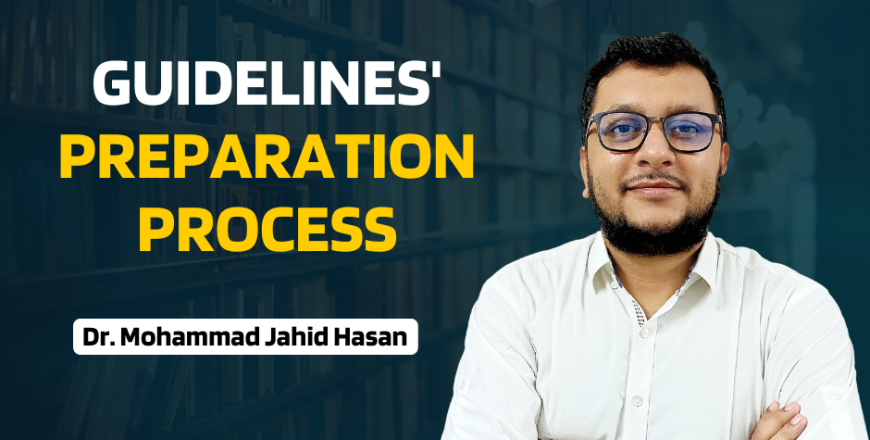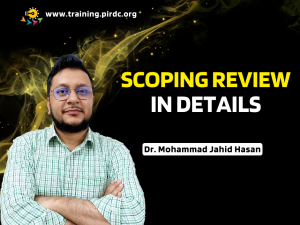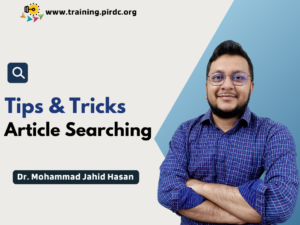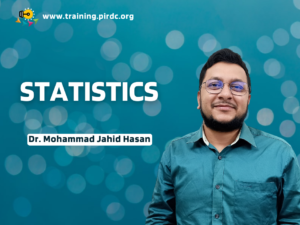Guidelines' Preparation Process
- Description
- Curriculum
- Reviews
Literature search is essential because it allows researchers to build on existing knowledge, identify gaps in current understanding, and develop hypotheses that are grounded in previous research. By conducting a thorough literature search, researchers can ensure that they are not duplicating existing work and can identify the most appropriate methods and approaches for their study.
Furthermore, literature search helps researchers to critically evaluate the quality of previous research, identify potential biases, and assess the generalizability of findings. This, in turn, can help to ensure the validity and reliability of research results.
In summary, literature searching is critical for conducting rigorous and meaningful research in any field, including medicine. It is a foundational step that allows researchers to build on existing knowledge and develop new insights that can lead to improved patient care and better health outcomes.
Here are some of the topics that could be covered in this course:
- Introduction to literature searching in medical research
- Identifying and selecting appropriate databases
- Formulating effective search queries
- Refining search results to yield relevant and reliable sources
- Evaluating the quality of sources
- Tips for managing search results
- Using reference management software to organize sources
- Strategies for staying up-to-date with new research in the field
- Common pitfalls and mistakes to avoid in literature searching
- Practical exercises and examples to reinforce learning
These topics will provide learners with a solid foundation for conducting effective literature searches in medical research. They will learn how to navigate the complex landscape of academic literature and identify the most reliable and relevant sources for their research. By the end of the course, learners will be equipped with the tools and skills they need to conduct rigorous and meaningful research in the field of medicine.
This one-hour course on literature searching strategies in medical research is designed to help beginners enhance their research skills by providing tips and techniques for effectively searching the literature.
The course will cover the basics of literature searching, including how to identify and select appropriate databases, how to formulate effective search queries, and how to refine search results to yield relevant and reliable sources. It will also provide guidance on how to critically evaluate sources to ensure that they are appropriate for use in medical research.
Beginners should attend this course to improve their ability to conduct literature searches and effectively identify the most relevant and reliable sources for their research. Whether they are students, researchers, or healthcare professionals, the course will equip them with the skills and knowledge needed to conduct literature searches that are accurate, comprehensive, and reliable.
Upon completion of this course, learners will have a better understanding of how to develop and execute effective literature searching strategies for medical research. They will be able to identify appropriate databases and search terms, refine their search results, and critically evaluate the sources they find. By mastering these skills, learners will be better equipped to conduct rigorous and meaningful research in the field of medicine.










